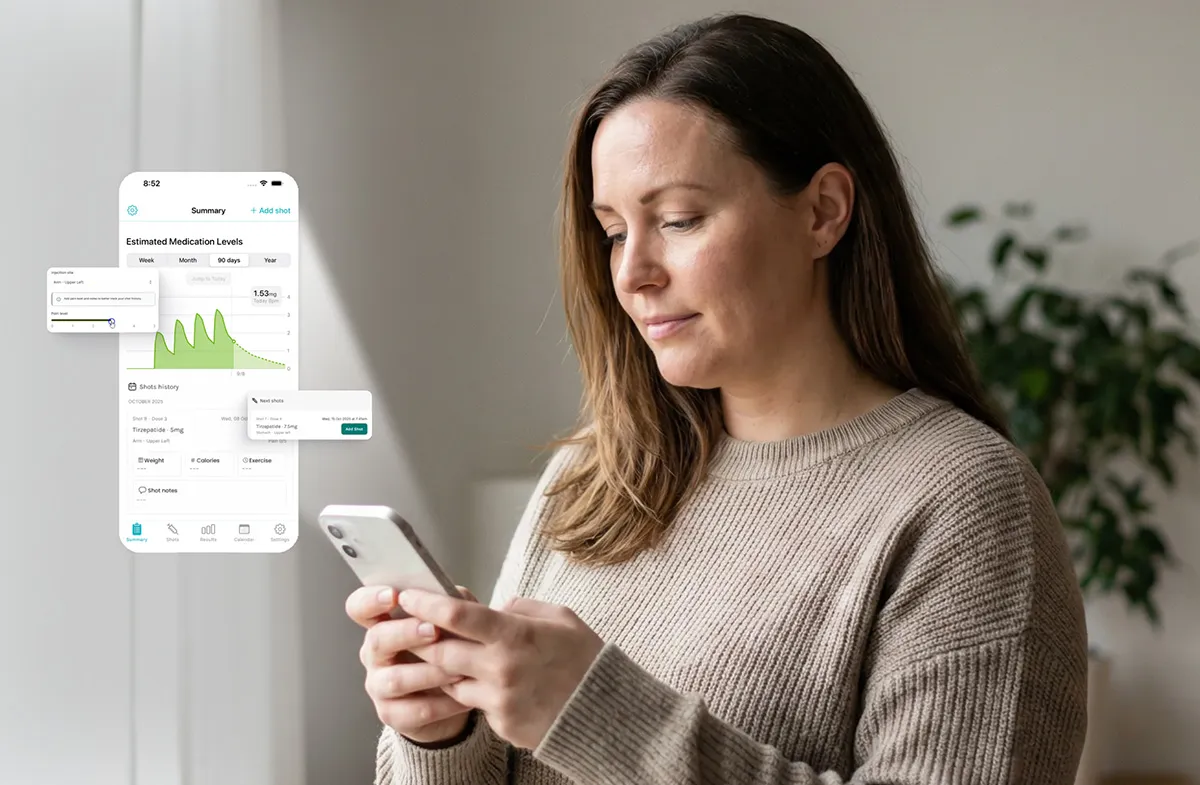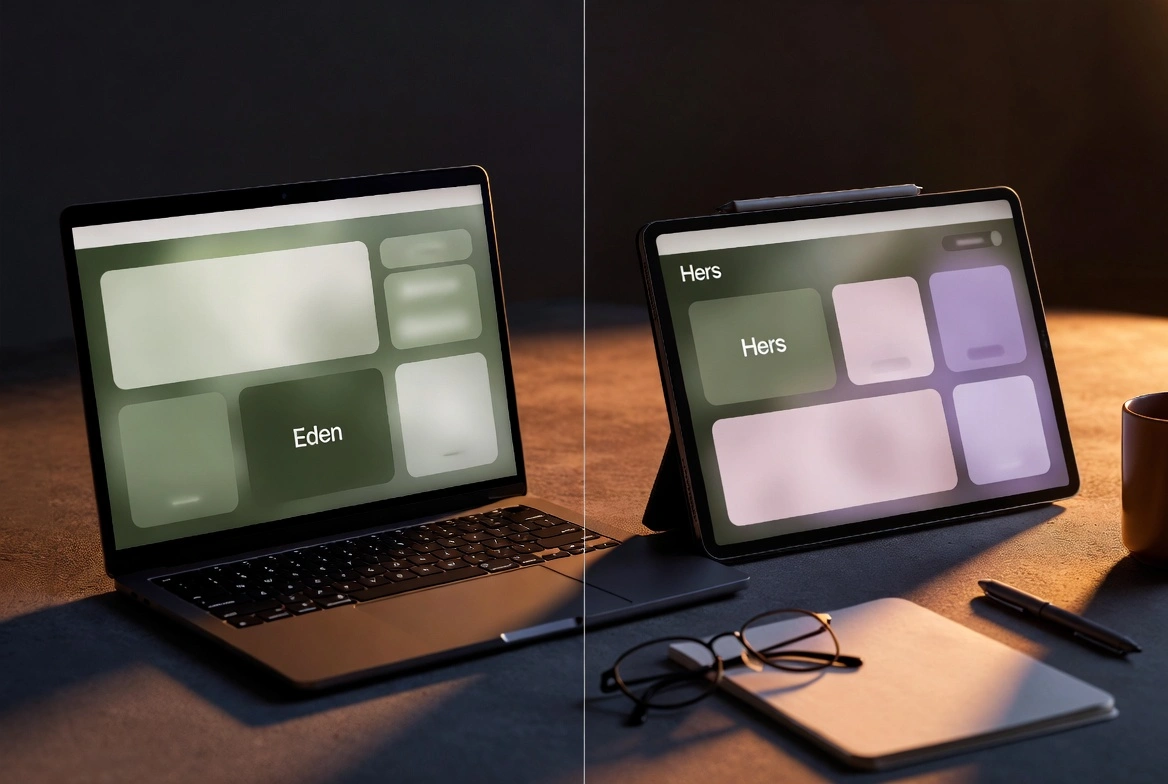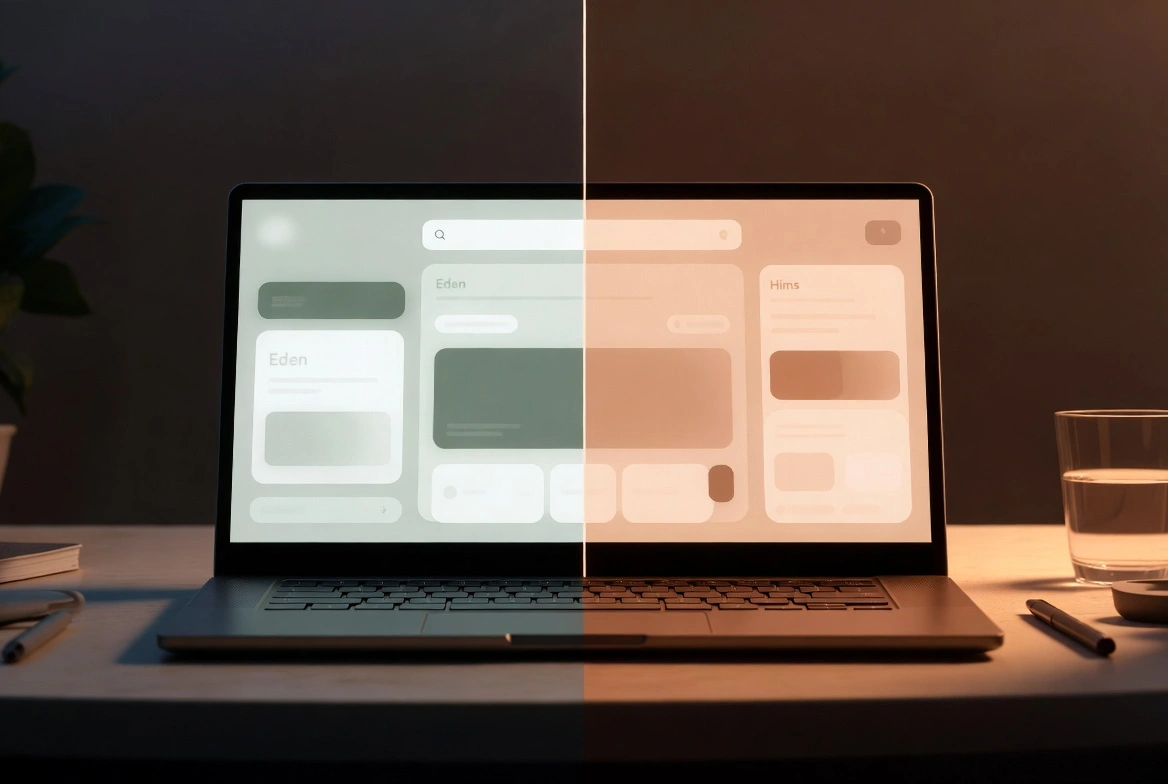How Low Doses of GLP-1 Work for Weight Loss


Learn how GLP-1 meds like semaglutide are started at low doses and titrated for better tolerability and effectiveness. Understand dosing and when to adjust.
- GLP-1 treatment typically begins at a low dose (e.g., 0.25 mg weekly)
- Doses are gradually increased over several months to improve tolerability
- Higher doses (e.g., 2.4 mg weekly) are associated with greater weight management outcomes2
- Dose adjustments should always be supervised by a licensed provider

Understanding GLP-1 Titration: Why Dosing Starts Low
GLP-1 medications are initiated at low doses and gradually increased over time to enhance tolerability and reduce the risk of side effects, especially gastrointestinal symptoms like nausea or bloating1.
This approach is supported by clinical guidelines and designed to help your body adjust while maximizing long-term benefits. Here’s what to expect when starting a GLP-1 medication under the guidance of a licensed provider.
Disclaimer: This content is for informational purposes only and is not medical advice. Eden does not prescribe medications or practice medicine. Eden connects patients with licensed providers who may prescribe GLP-1 medications based on individual needs.
Standard GLP-1 Dosing Schedule
GLP-1 medications are started slowly and increased in a stepwise manner:
- Weeks 1–4: 0.25 mg once weekly (acclimation phase)
- Weeks 5–8: 0.5 mg once weekly
- Weeks 9–12: 1.0 mg once weekly
- Weeks 13–16: 1.7 mg once weekly
- Week 17 onward: 2.4 mg once weekly (typical maintenance dose)
This titration plan is designed to reduce side effects and allow your provider to monitor progress before moving to higher doses1.
When Lower Doses May Be Effective
While the full therapeutic dose is often required for optimal results, some individuals may experience appetite changes or weight loss benefits at intermediate doses (e.g., 0.5 mg or 1.0 mg). However, clinical studies show that maximum weight loss typically occurs at 2.4 mg weekly, especially when combined with lifestyle adjustments2.
Factors That Influence Dose Adjustments
Your provider may recommend holding at a lower dose or adjusting the schedule based on:
- Persistent nausea or digestive symptoms
- Other medications you are taking
- Your medical history and personal treatment goals
- Your comfort and response to treatment
Never change your dose without first speaking with your healthcare provider.
{{primary-cta}}
Best Practices for Starting GLP-1 Therapy
To improve your experience during the early phases of treatment:
- Take your injection on the same day each week
- Eat small, balanced meals and avoid heavy or greasy foods
- Stay hydrated throughout the day
- Log any symptoms to discuss at follow-up visits
- Stick to your provider's dosing plan and communicate any concerns
Final Thoughts
Starting GLP-1 medication at a low dose and gradually increasing over time is a proven strategy to reduce side effects and support long-term treatment success. While early benefits may appear at lower doses, sustained results often require reaching the full maintenance dose, under provider supervision.
Eden connects you with licensed providers who offer GLP-1 treatment plans. Your care team monitors progress, manages dosing, and helps you stay on track at every step.

Blog Components



- Transparent pricing
- Same price at every dose
- No memberships or contracts
- Fast, free shipping
- Guided personalized plans
- 24/7 human support
- Real member community
- Complex pricing
- Price increases with dose
- Membership fees
- Long wait times
- Limited clinician support
- Automated customer service
- No member community



The FDA does not approve compounded medications for safety, quality, or manufacturing. Prescriptions and a medical evaluation are required for certain products. The information provided on this blog is for general informational purposes only. It is not intended as a substitute for professional advice from a qualified healthcare professional and should not be relied upon as personal health advice. The information contained in this blog is not meant to diagnose, treat, cure, or prevent any disease. Readers are advised to consult with a qualified healthcare professional for any medical concerns, including side effects. Use of this blog's information is at your own risk. The blog owner is not responsible for any adverse effects or consequences resulting from the use of any suggestions or information provided in this blog.
Eden is not a medical provider. Eden connects individuals with independent licensed healthcare providers who independently evaluate each patient to determine whether a prescription treatment program is appropriate. All prescriptions are written at the sole discretion of the licensed provider. Medications are filled by state-licensed pharmacies. Please consult a licensed healthcare provider before making any medical decisions.
Thank you!
We'll be in touch.
Thank you!
























